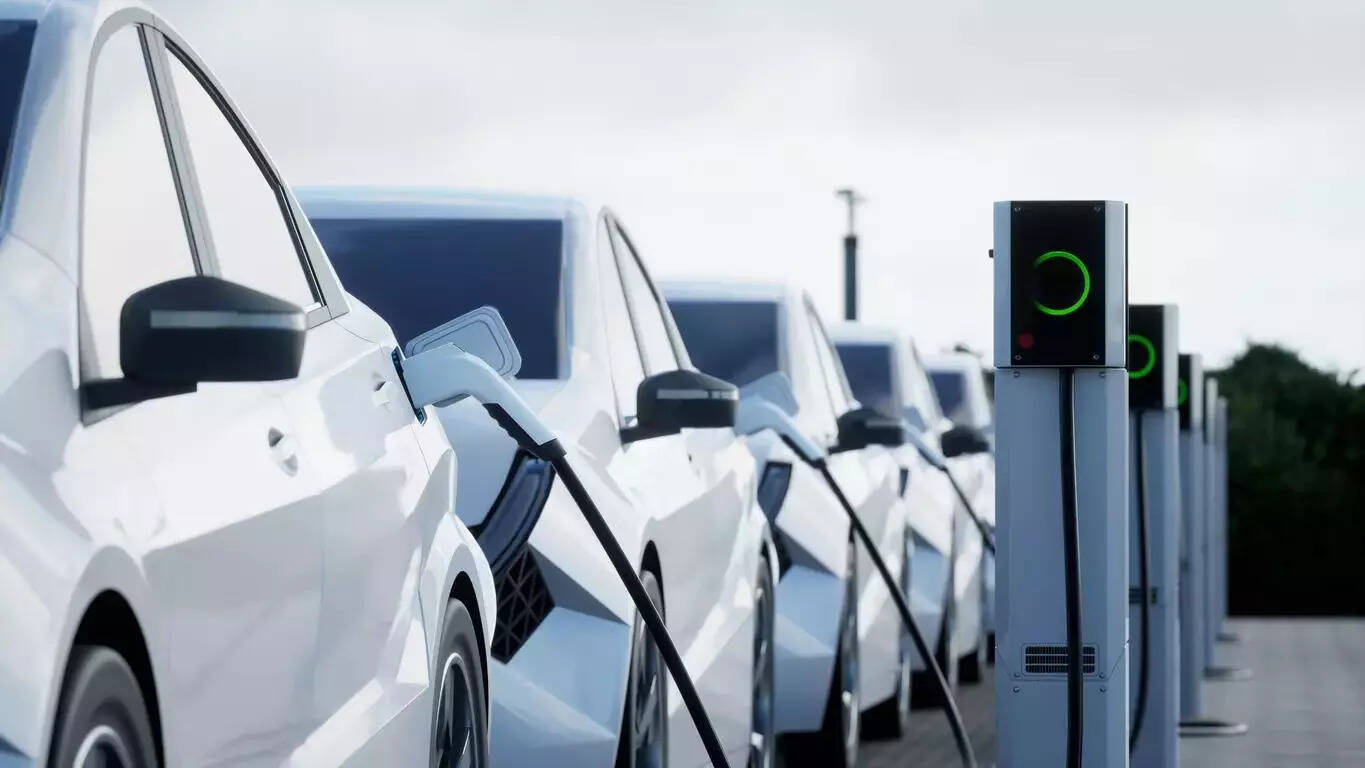
Europe is stalling for time in the electric-car race as the region’s automakers struggle with the transition and politicians become wary of fuelling voter frustrations.
Volkswagen and Volvo this week scaled back grand ambitions to challenge Tesla and new Chinese rivals. The reasons for the setbacks are twofold: there aren’t enough affordable models to move past early adopters and the wealthy, and governments have scaled back sales incentives to further sap customer interest.
The result has been a sharp decline in sales. In July, deliveries of battery-powered cars fell more than 10% across the region, mainly due to a 37% plunge in Germany—the region’s biggest market. The development caught manufacturers off guard and led to a mismatch between investment plans and market realities.
The strategic shifts risk setting Europe back in the global battle for the future of the auto industry. While the path might be bumpy, there’s broad consensus that personal transport needs to shift away from fossil fuels to stem the worst effects of climate change.
“In Europe, we’re losing cost advantages ever faster,” said Ferdinand Dudenhöffer, director of the CAR-Center Automotive Research in Bochum. “The effect will be that China will continue to expand its natural competitive advantages in EVs and the cost structures in Europe will continue to fall behind.”
The slowdown in EV demand comes as the region’s auto market remains nearly a fifth below pre-pandemic levels, sapping profitability for conventional vehicles as well. With European market showing signs of surpassing its peak, Volkswagen embarked on a confrontation course with unions. Executives this week said slumping sales left the company with about two factories too many.
On Wednesday, Volvo Cars then scrapped a plan to sell only fully electric cars by 2030 after disappointing demand for its EV lineup. The automaker, owned by China’s Geely, now aims for plug-in hybrid and battery-only models to account for at least 90% of its sales at the end of the decade.
Volkswagen and Volvo are among the last to change tack. Mercedes-Benz Group has also raised concerns over the pace of market developments.
After initially pledging to go all-electric by 2030, Mercedes-Benz CEO Ola Källenius told a shareholder meeting in May that the company will likely offer combustion engine models well into the next decade, noting that the “the transformation might take longer than expected.”
European manufacturers have struggled to produce a mass-market EV. High-end models like the INR 107,000 Porsche Taycan and the INR 116,000 BMW i7 cater to elite consumers, but inexpensive alternatives remain scarce. The electric version of the Fiat 500, traditionally a symbol of affordable mobility, costs nearly INR 35,000—double the price of its combustion-engine counterpart.
“When setting EV goals, carmakers didn’t sufficiently consider what prices people would be prepared to pay for EVs and they didn’t sufficiently ensure they’d be profitable,” said Wolfgang Bernhart, a senior partner at Roland Berger consultancy, noting that government bans on new combustion engine vehicles could be pushed back.
Chinese automakers are capitalising on Europe’s slow transition, putting on sales offensives with competitively priced EVs like the INR 33,000 BYD Dolphin, compared with a starting price of INR 37,000 for the VW ID.3. The Wolfsburg, Germany-based auto giant has pledged to introduce a budget-friendly electric car, but its high production costs are a hurdle.

